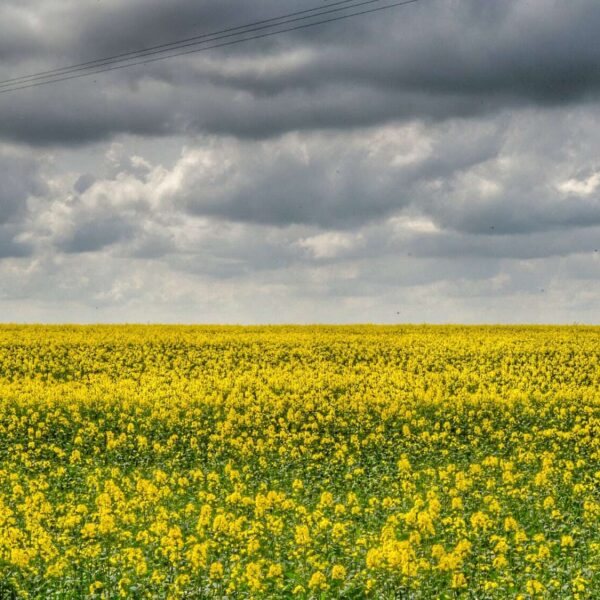
Glyphosate: "Nettle" of the European Executive
Glyphosate's operating licence expires on 15 December. Yet, at the current time, no European-wide consensus has been able to be reached.
As an active ingredient of Roundup, it is the most widely-used herbicide in the world and represents, for itself alone, a market of more than one billion euros. But it is highly controversial due to its possible harmful effects on health and the environment. Despite the favourable opinion of the EFSA (European Food Safety Authority), the substance is suspected by the WHO (World Health Organisation) of being not only genotoxic but also carcinogenic for animals and "probably carcinogenic" for humans.
The member States met behind closed doors on Thursday 9 November in order to study the issue of renewing its commercial licence for five years. Initially, the Commission was in favour of extending the controversial substance’s approval over a ten-year period. However, the failure of 25 October has forced it to review its ambitions downwards. In fact, the committee of experts has been unable to come to an agreement and the voting which was supposed to take place on this matter, has had to be postponed.
This compromise will not have sufficed as the member States have, again, failed to reach an agreement. No qualified majority (namely 55% of the 28 member States representing 65% of the European population) has been able to be reached: five member States, among which Germany, a real demographic heavyweight, have abstained from voting. Fourteen countries, including Spain and the Netherlands, have reached an agreement with the Commission but represented, in the end, only 37% of the European population. Belgium and eight other countries have voted against the proposal. If for some of them, following the example of France, disagreement concerns the duration of the licence, others are more categorical: they want the adoption of a progressive exit plan for glyphosate by 2022. This is notably the case with Belgium.
As the expiry date of glyphosate's licence draws near, disagreement therefore reigns everywhere. To remedy this, the Commission intends to submit its text to an appeal committee at the end of November. If a qualified majority were to materialise, this would allow it to not have to assume the responsibility of dealing with the issue unilaterally. Glyphosate would then be, or not, authorised for the next five years. In the meantime, the suspense continues.
Associated areas of specialisation: Environment